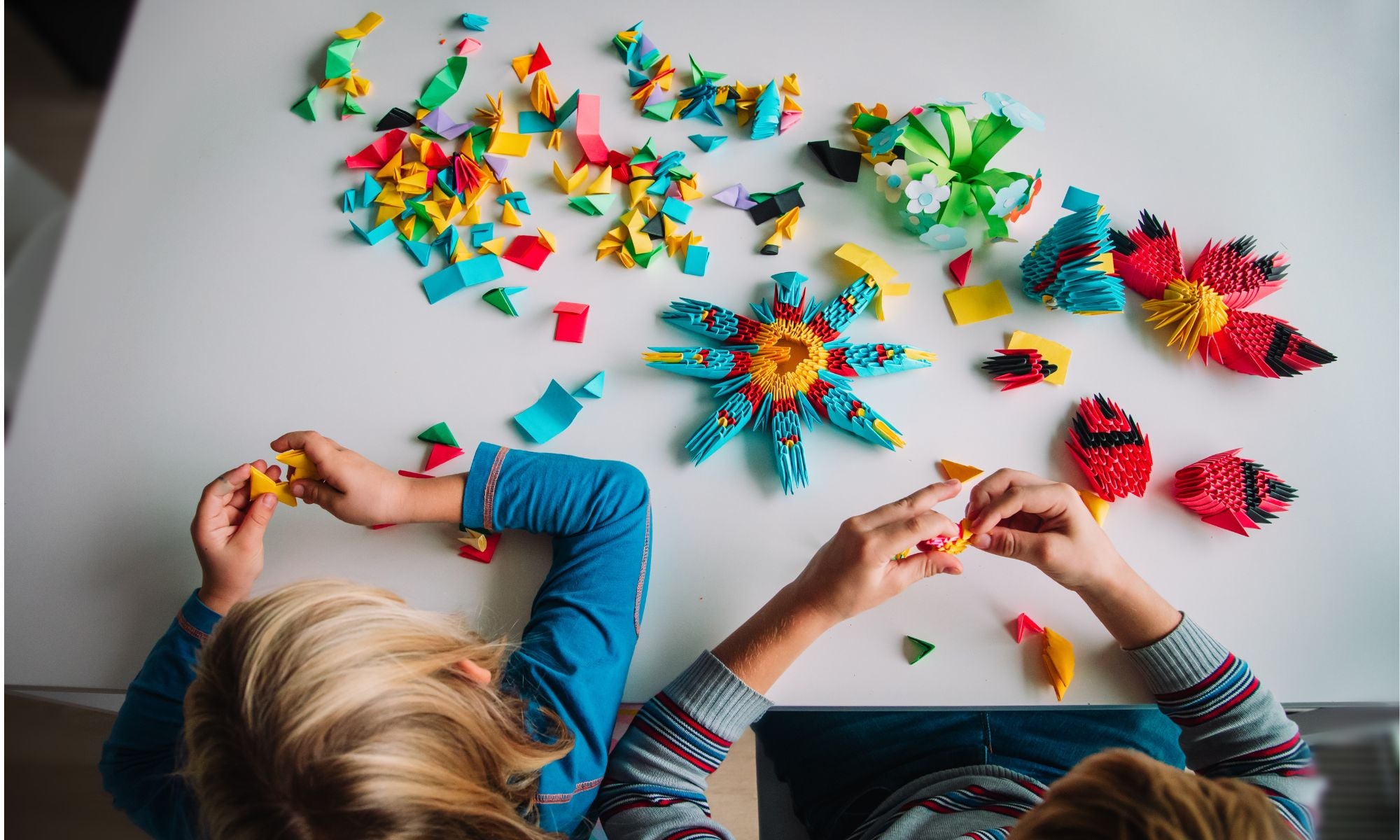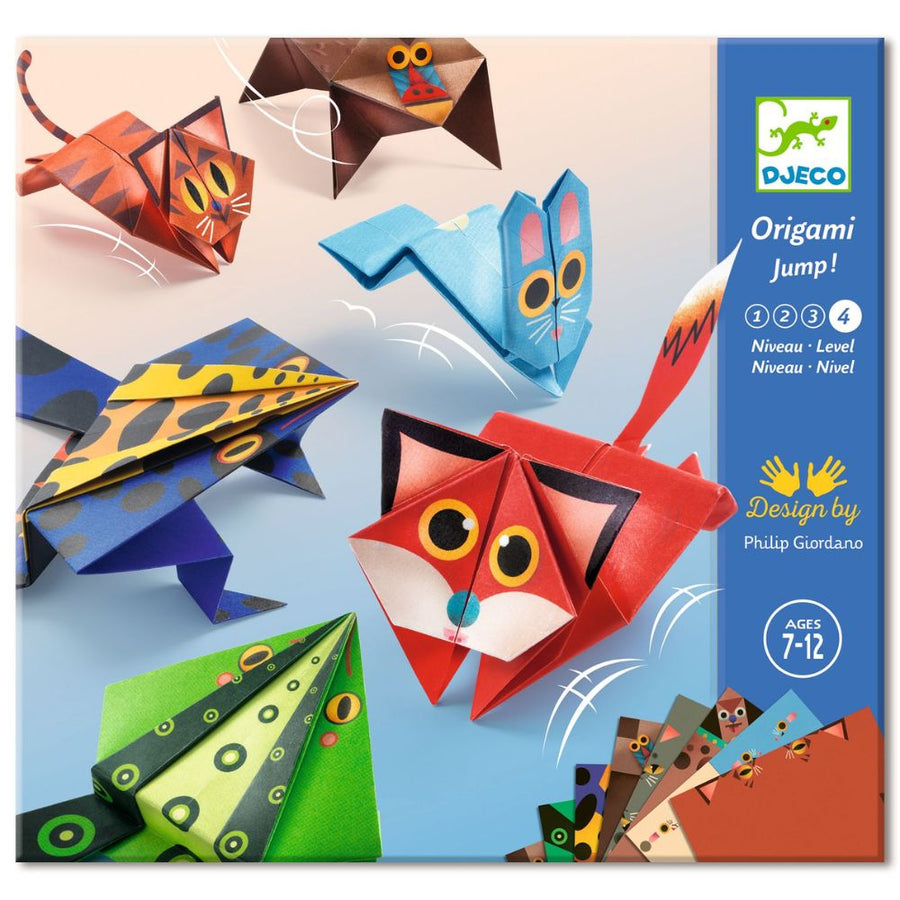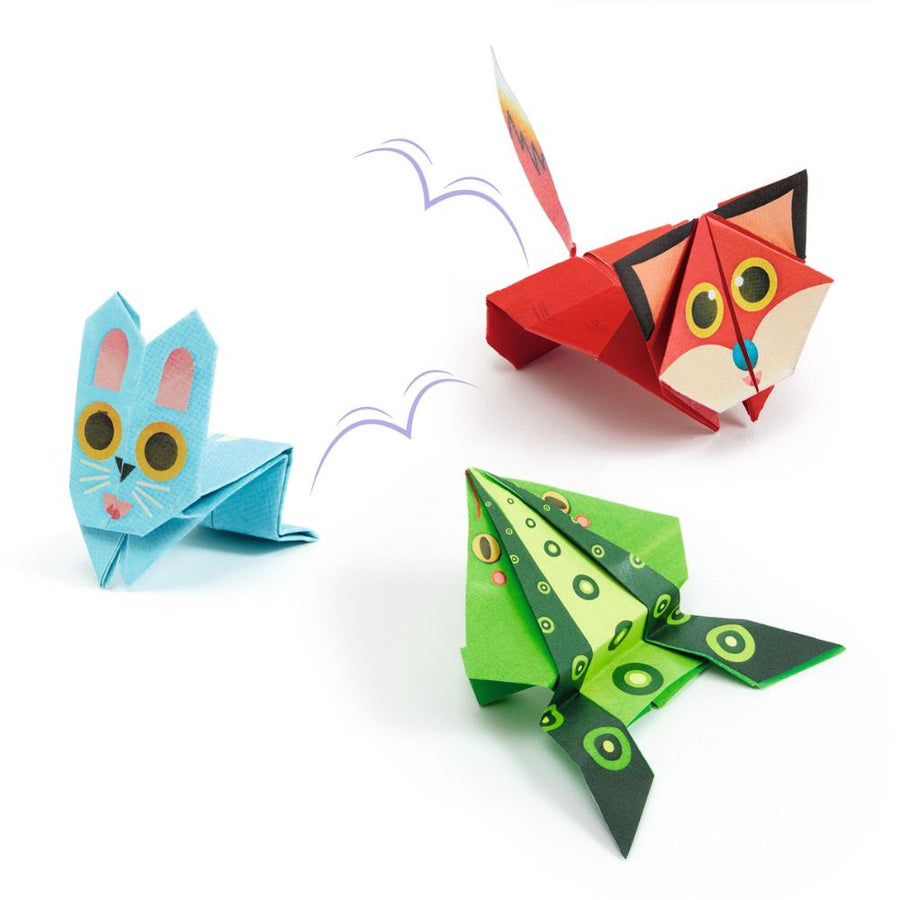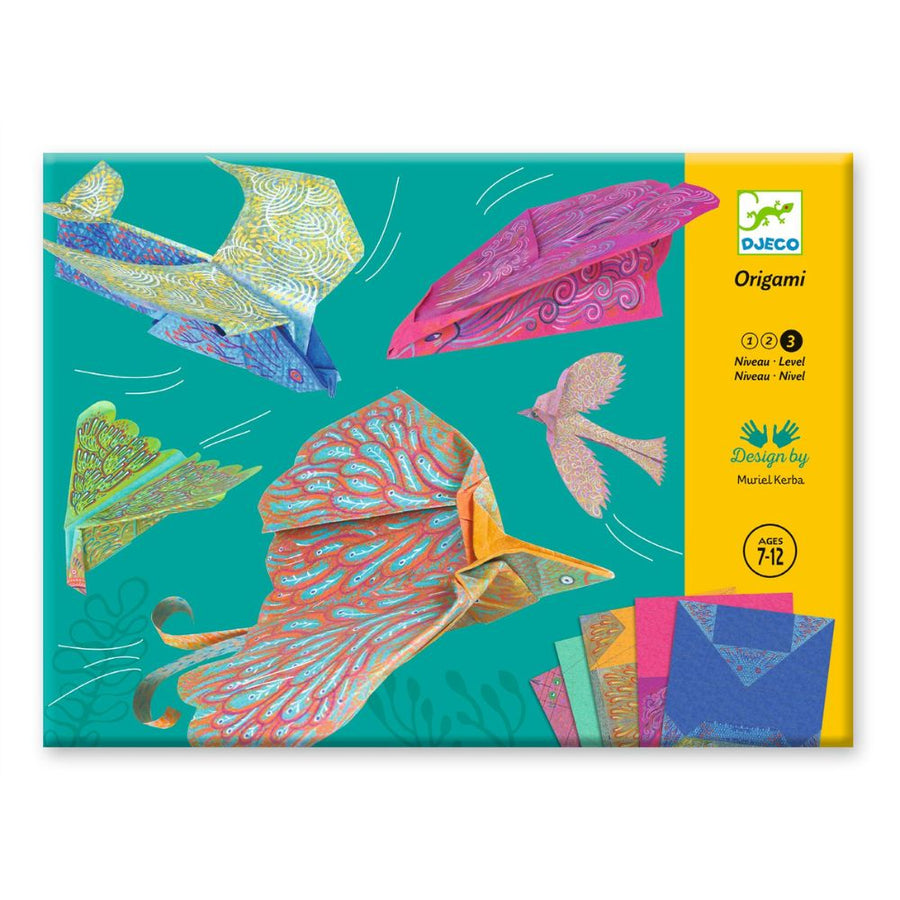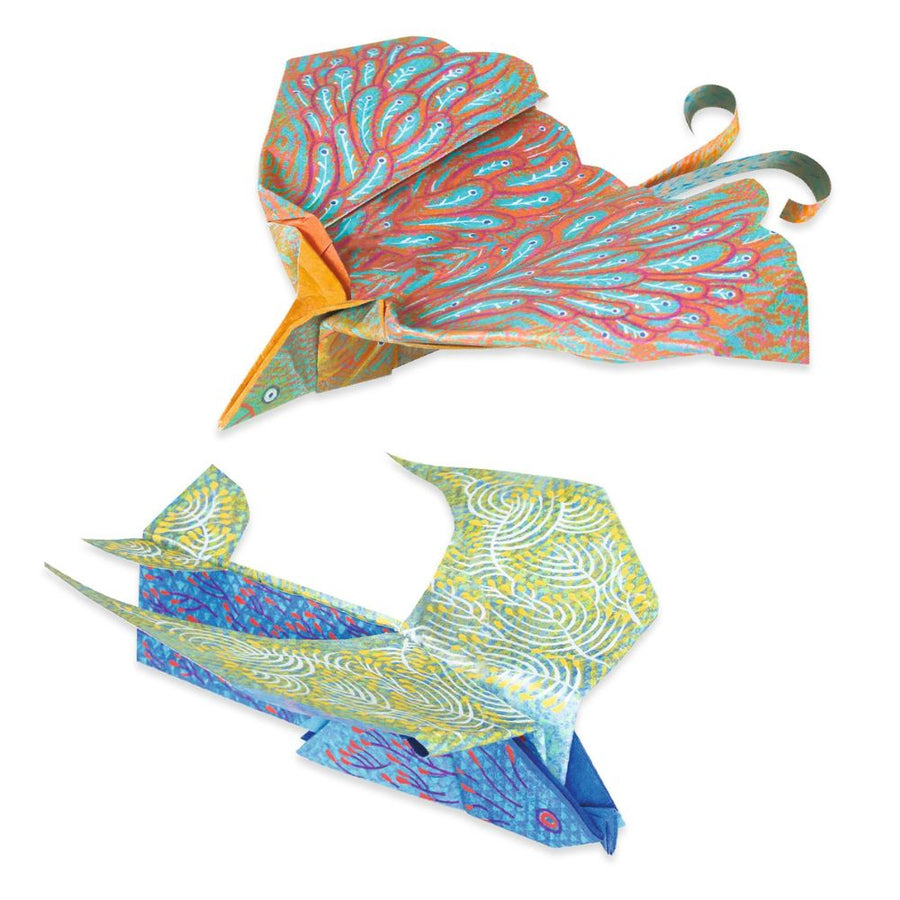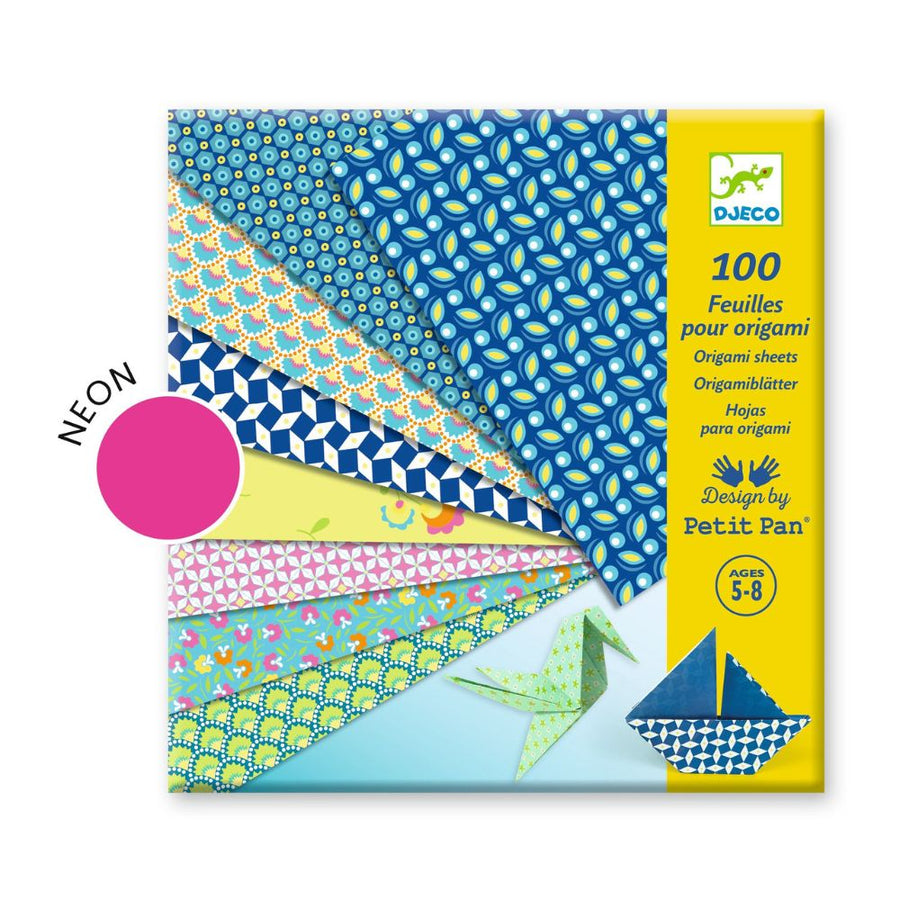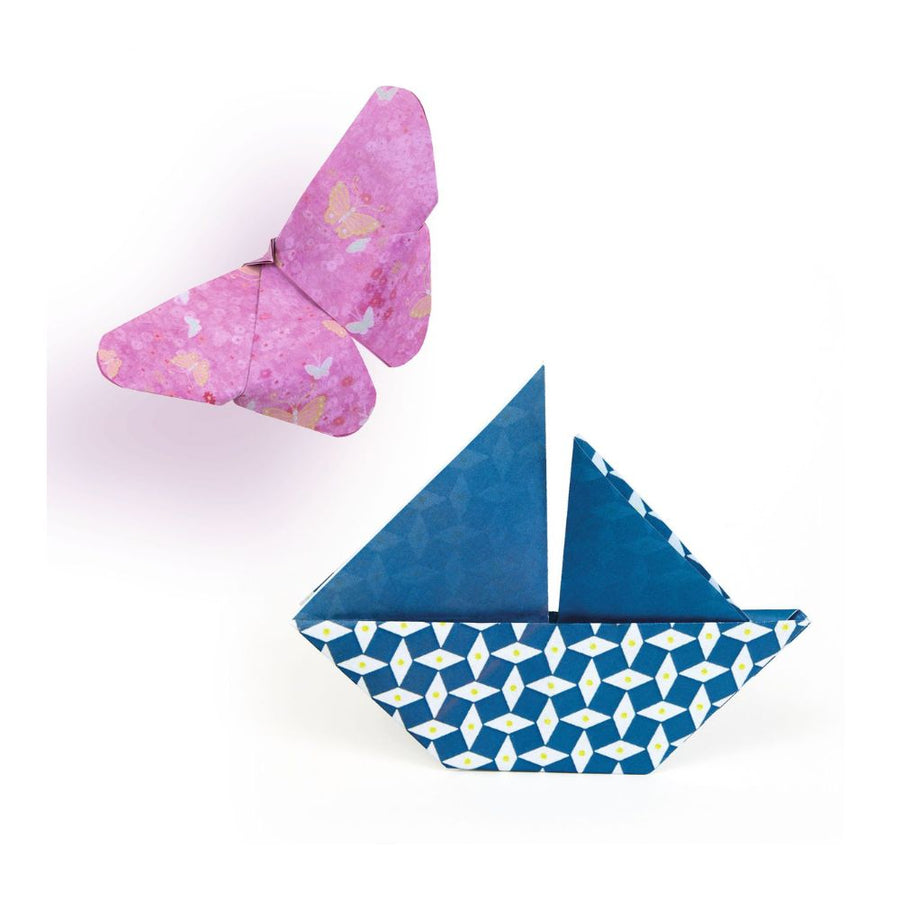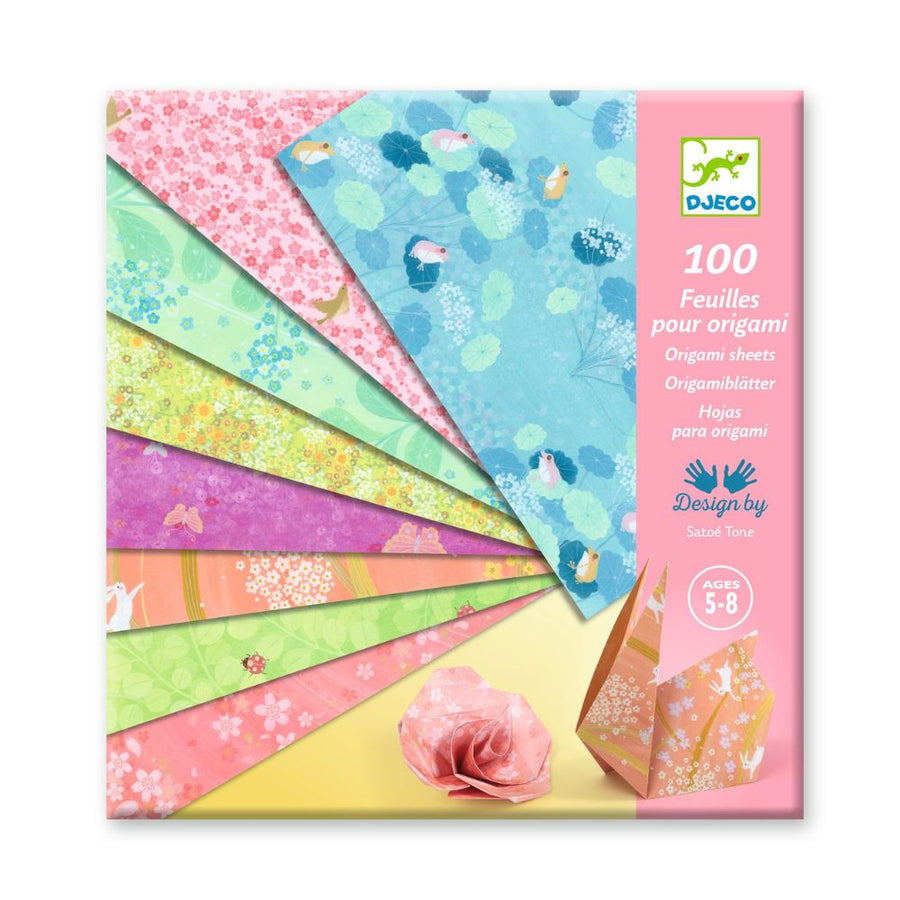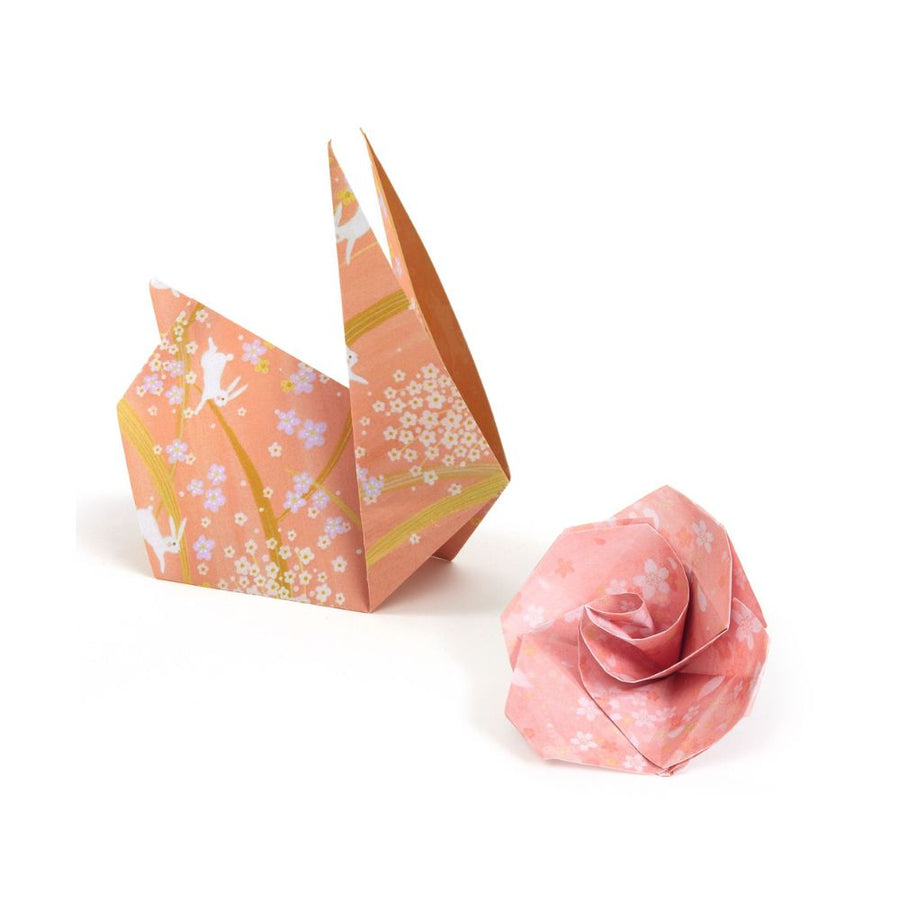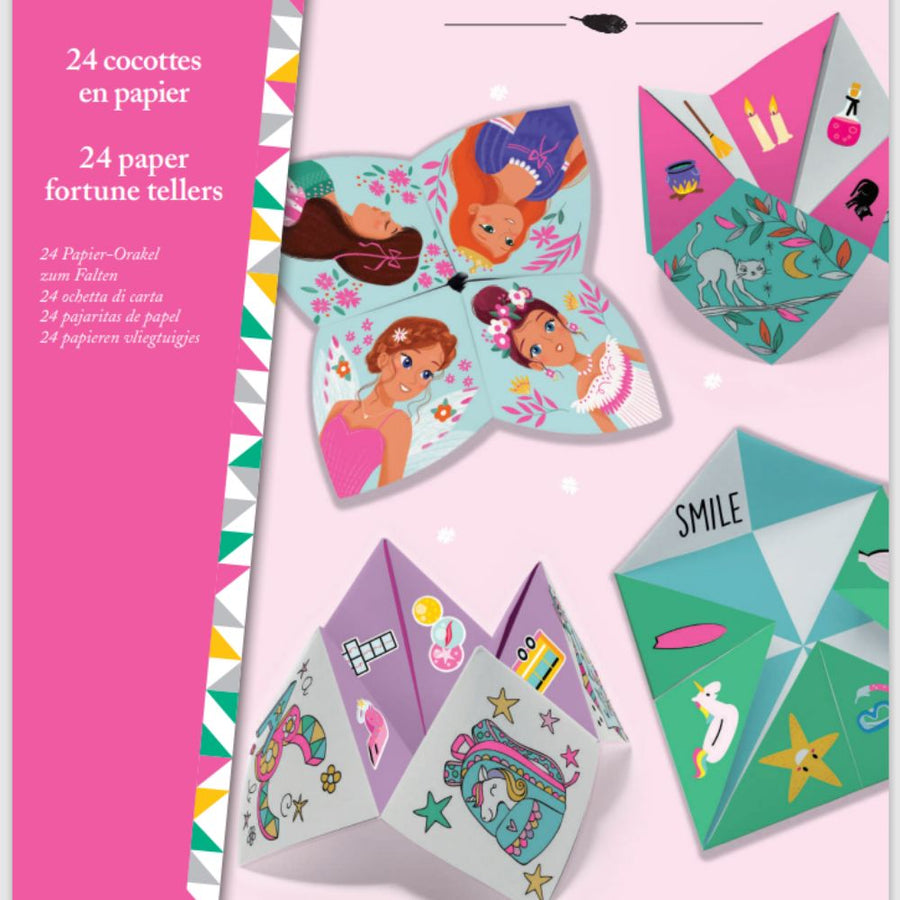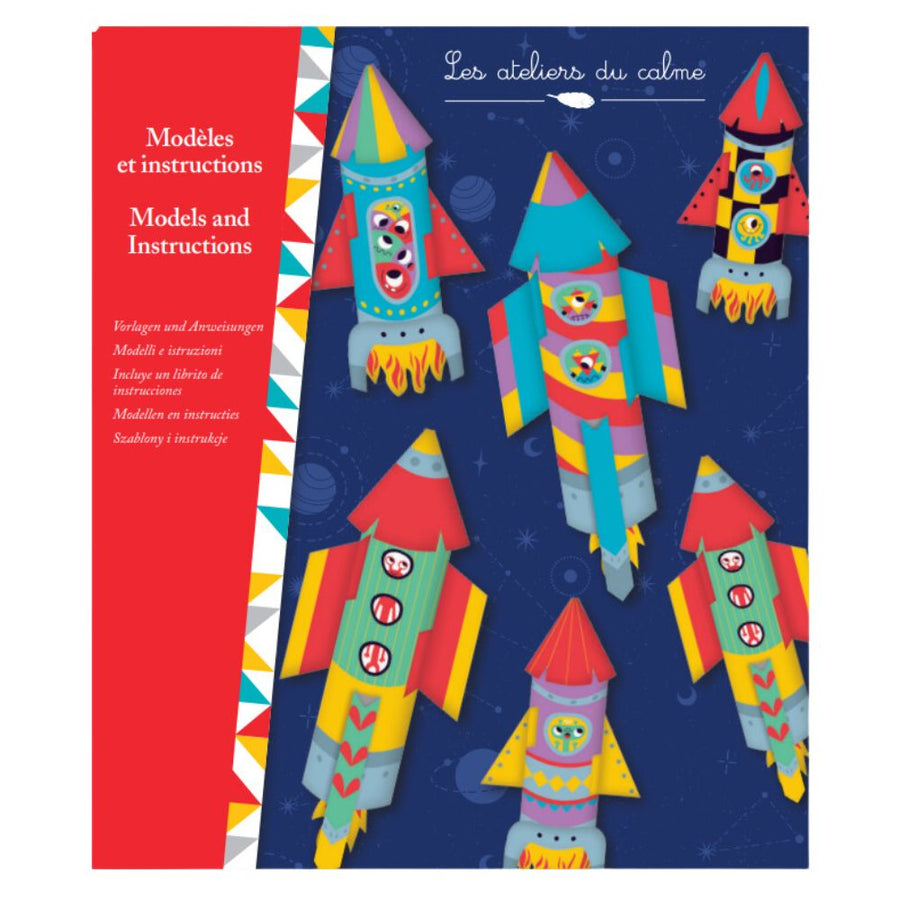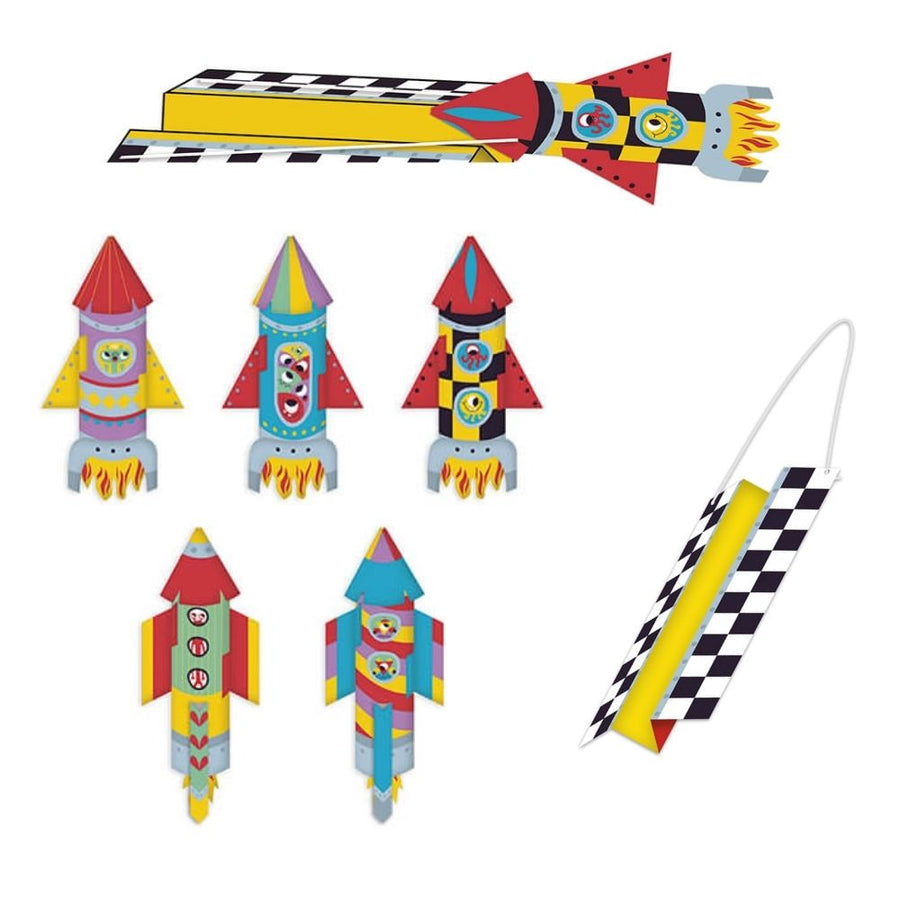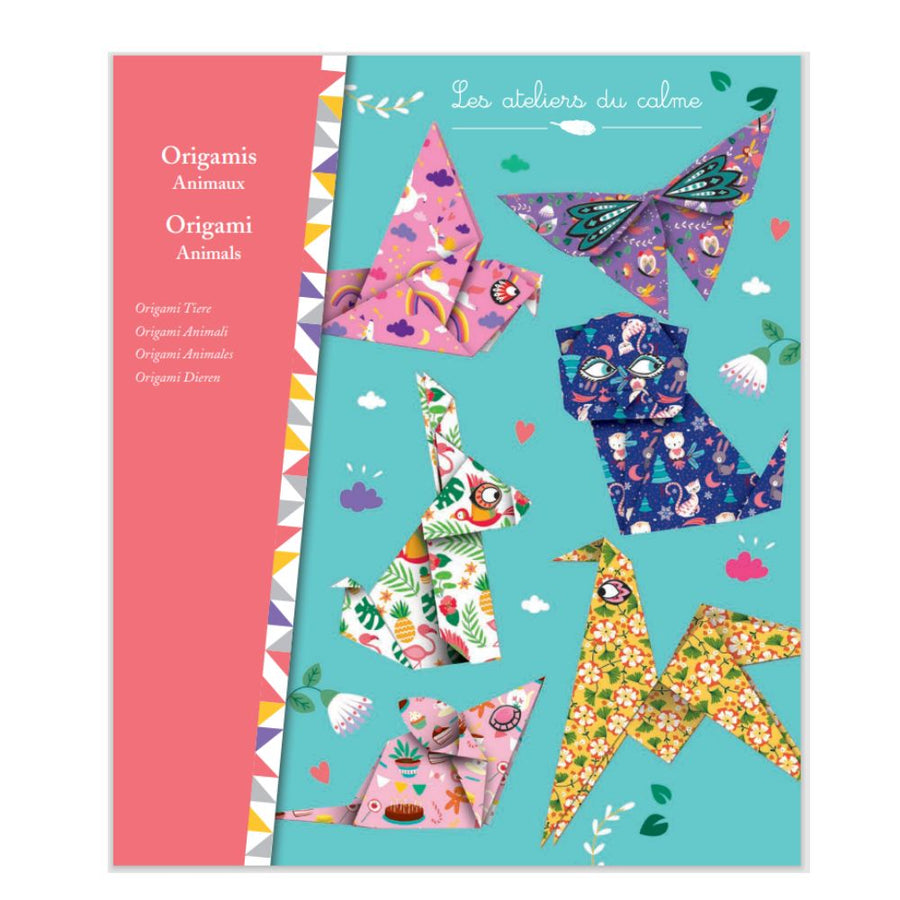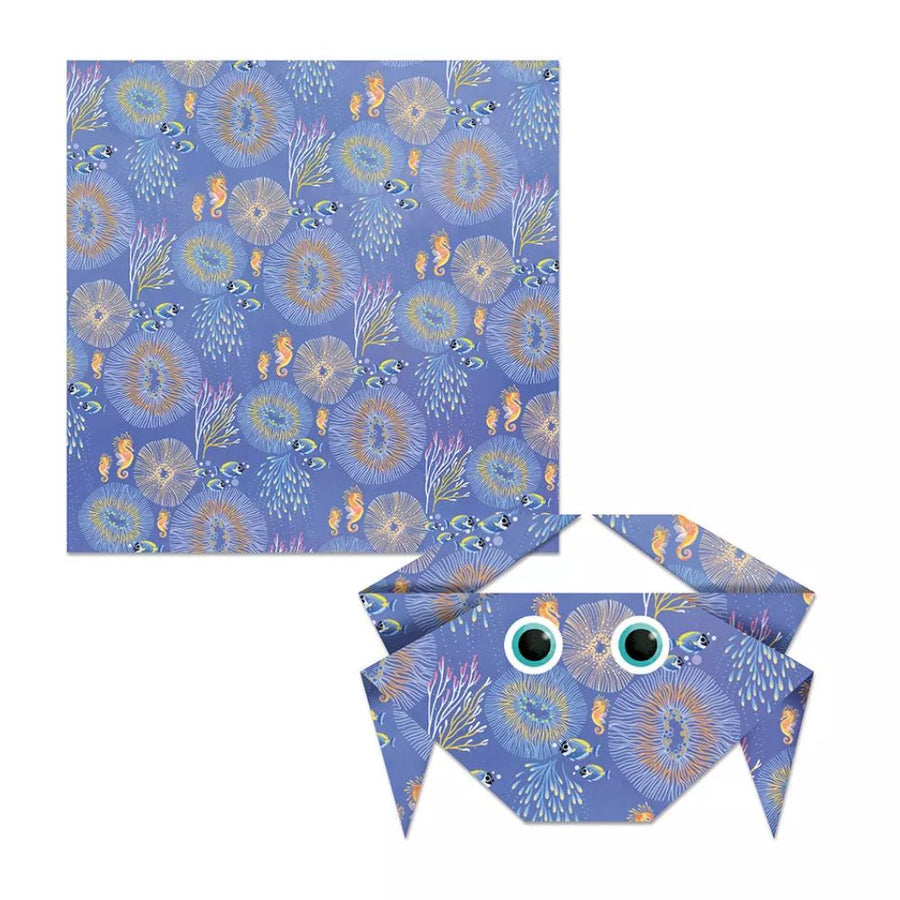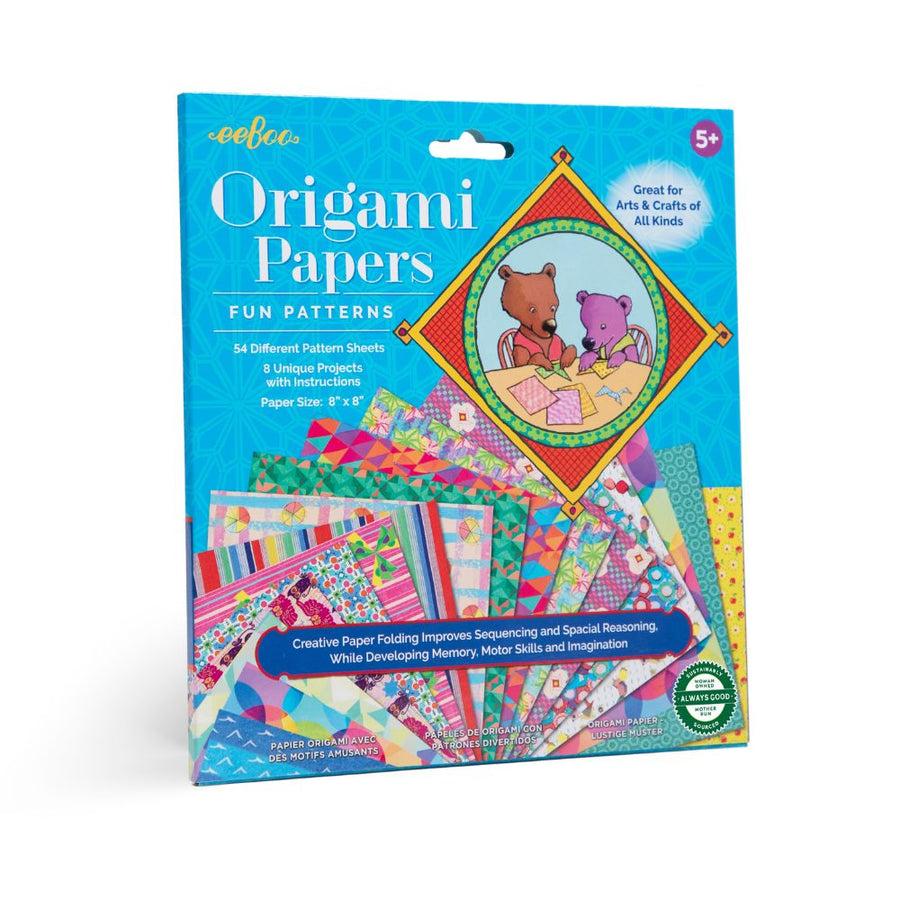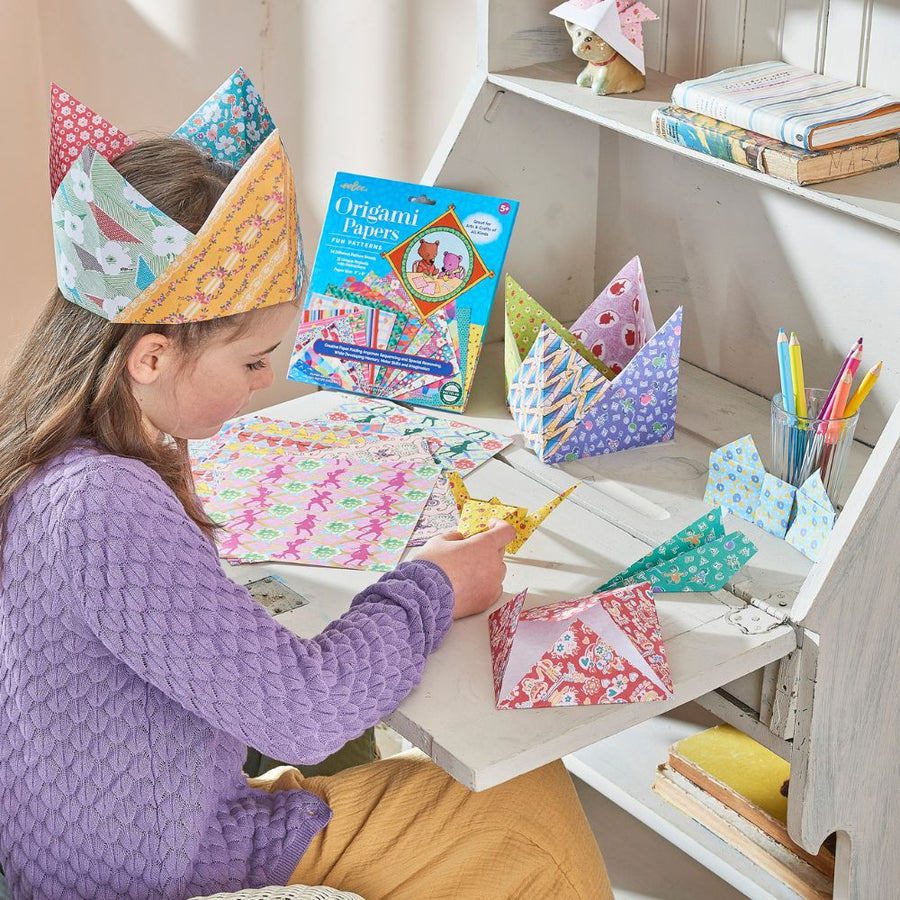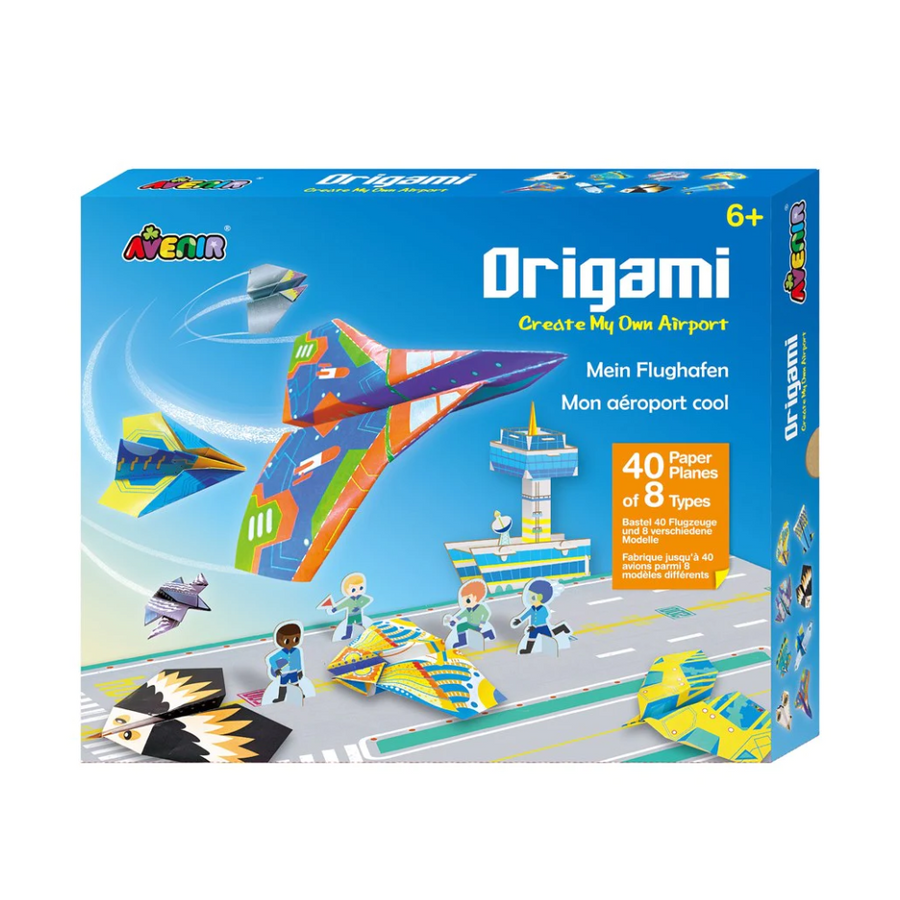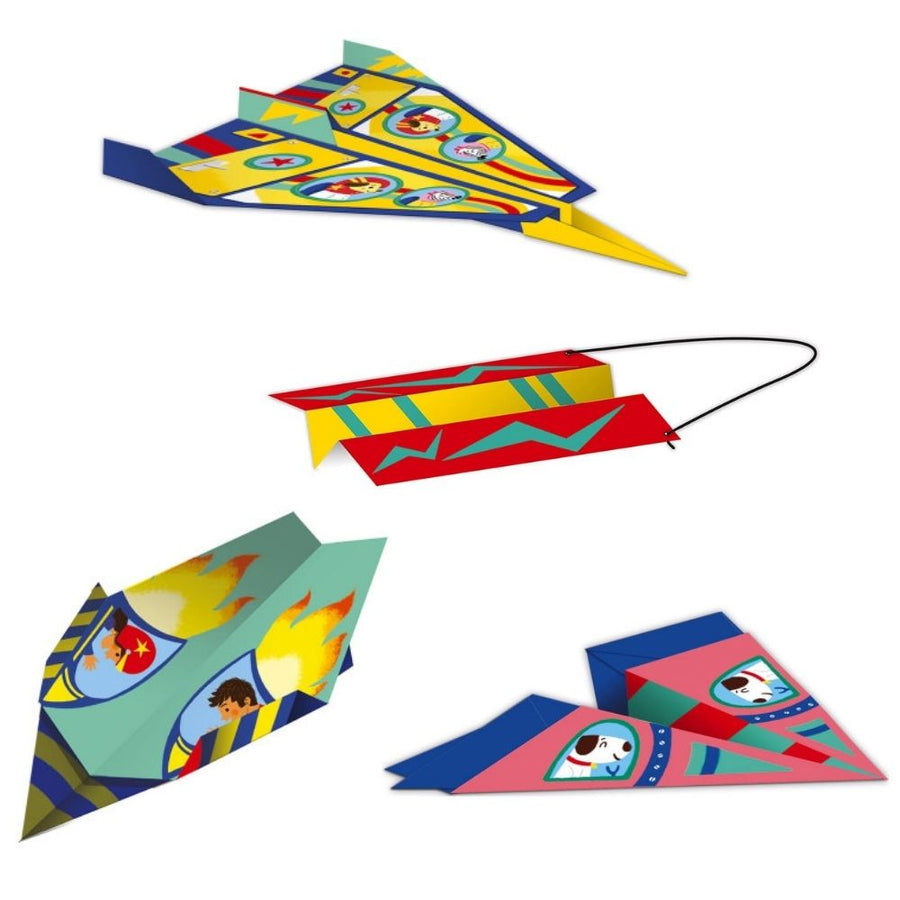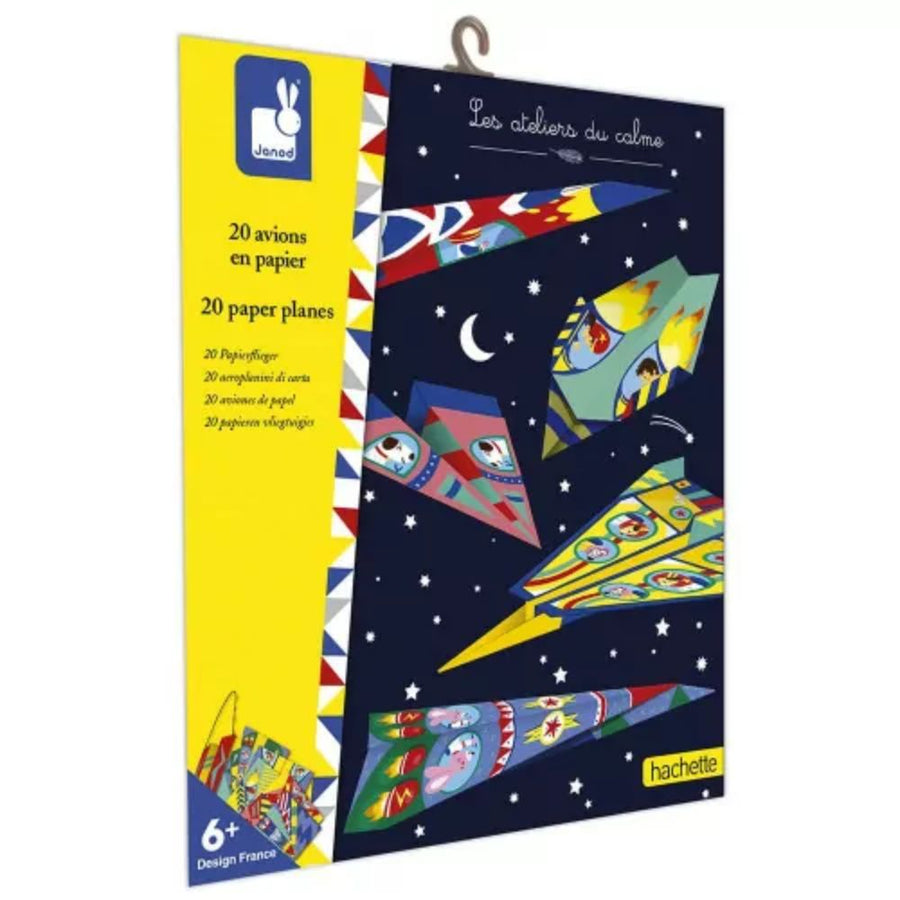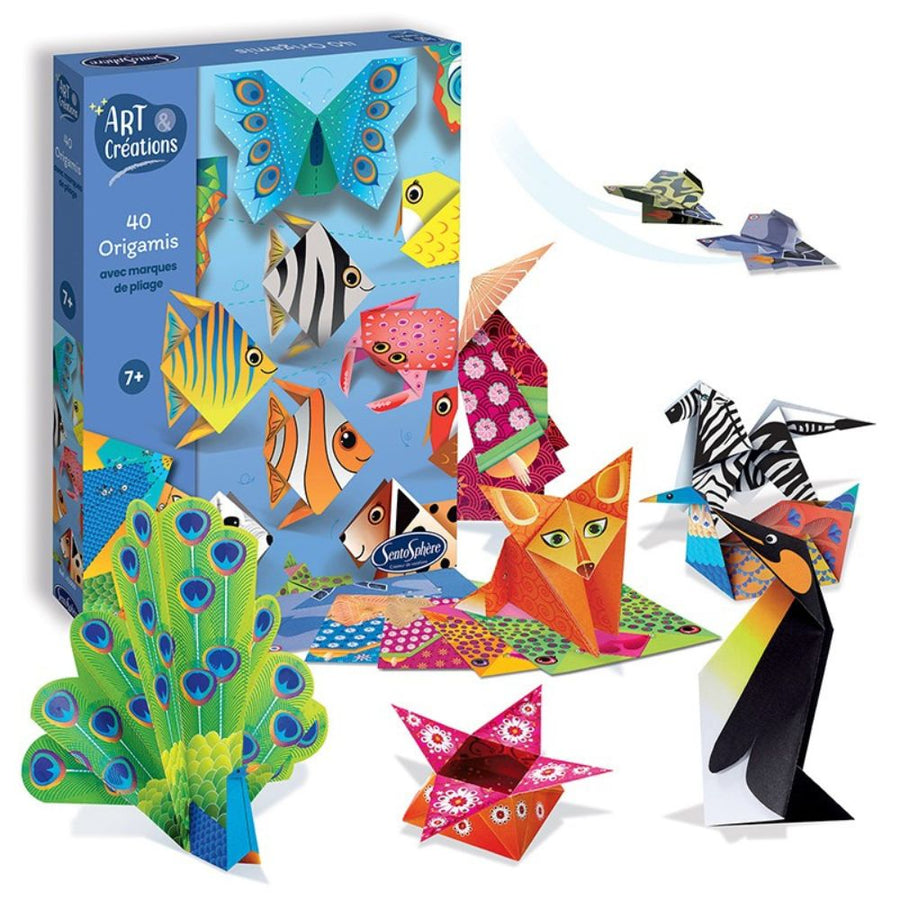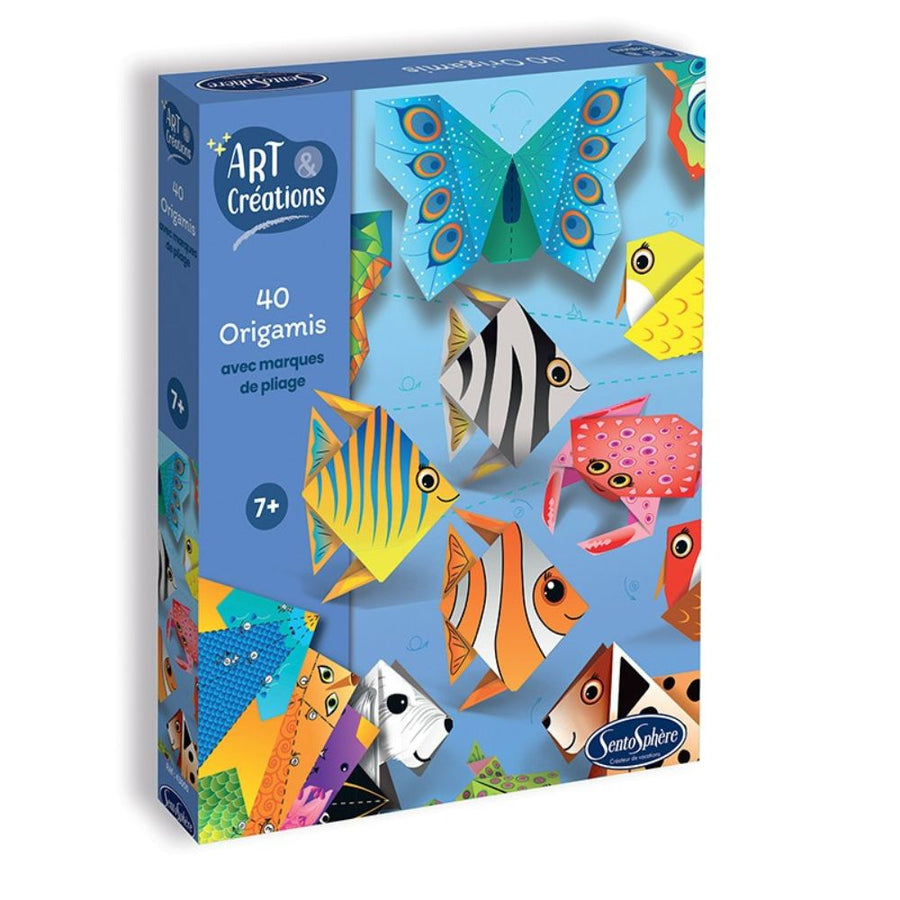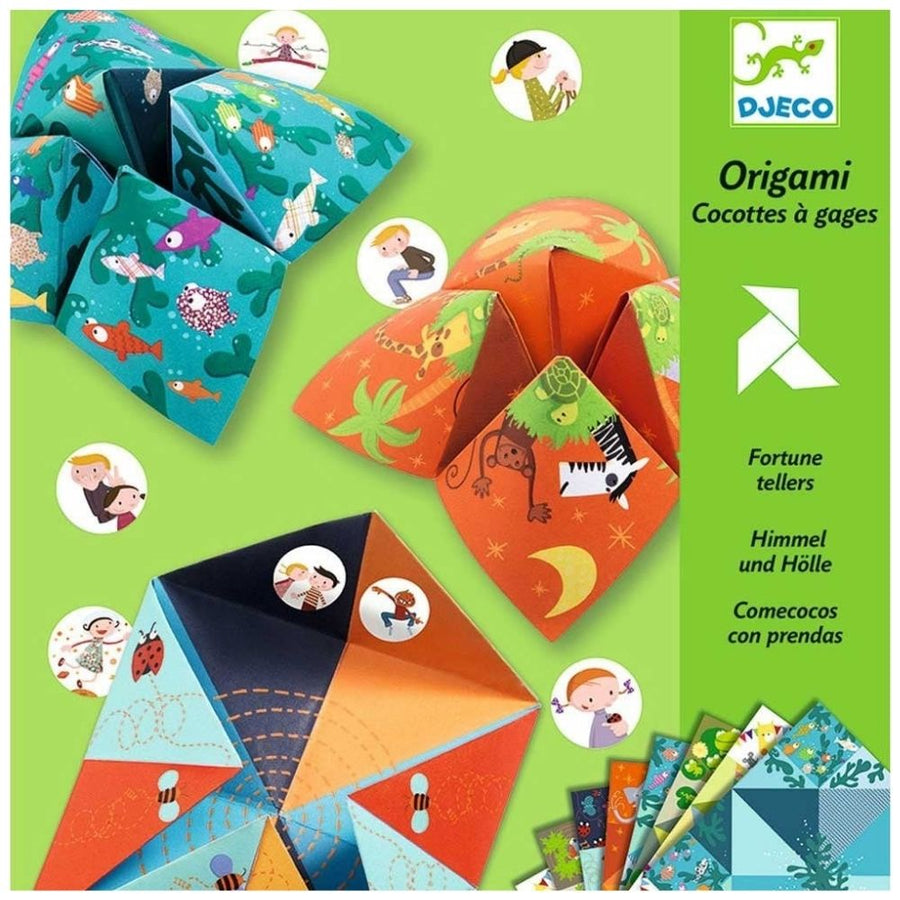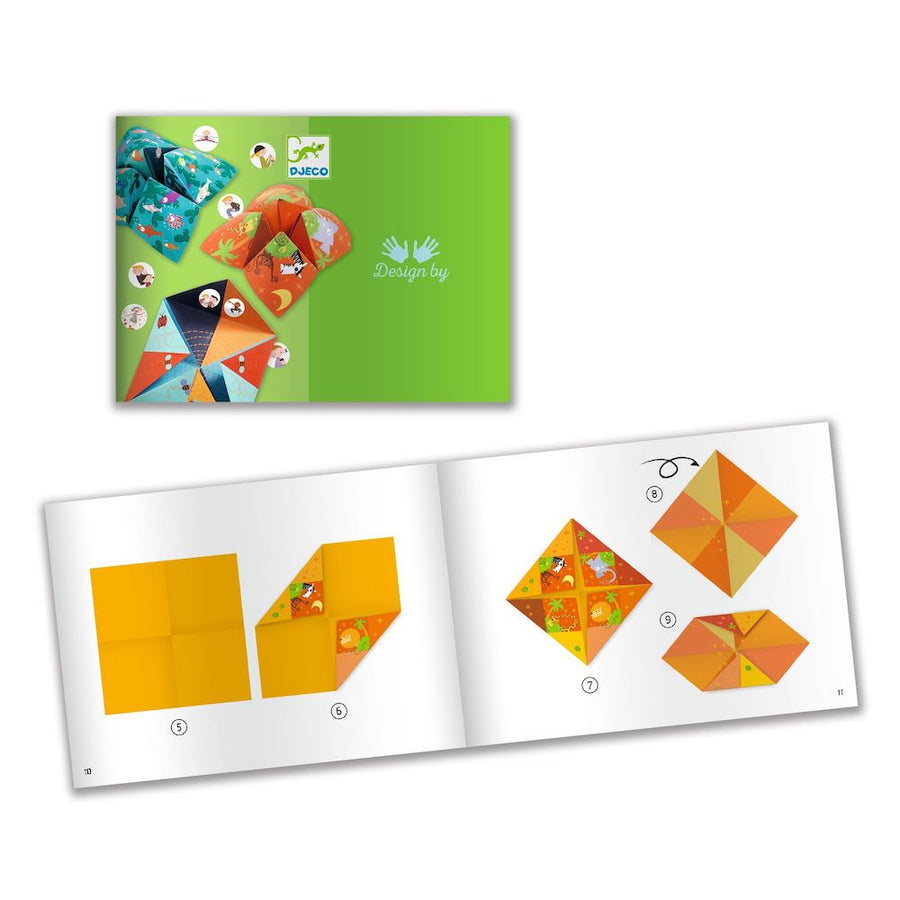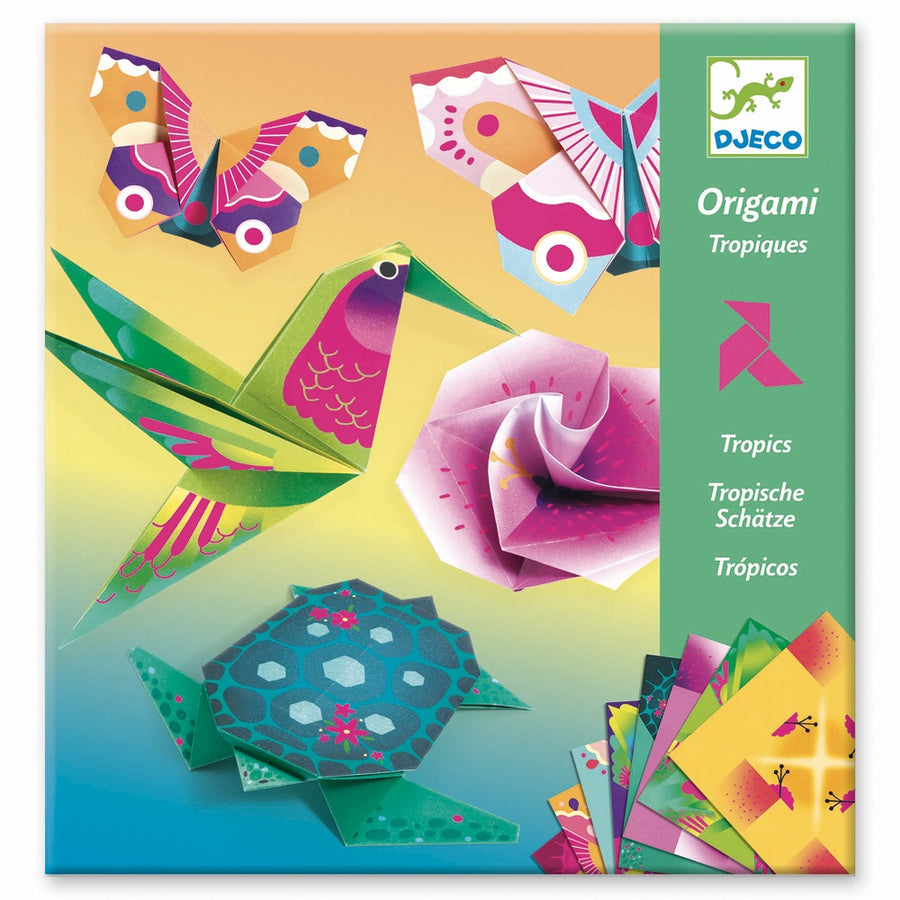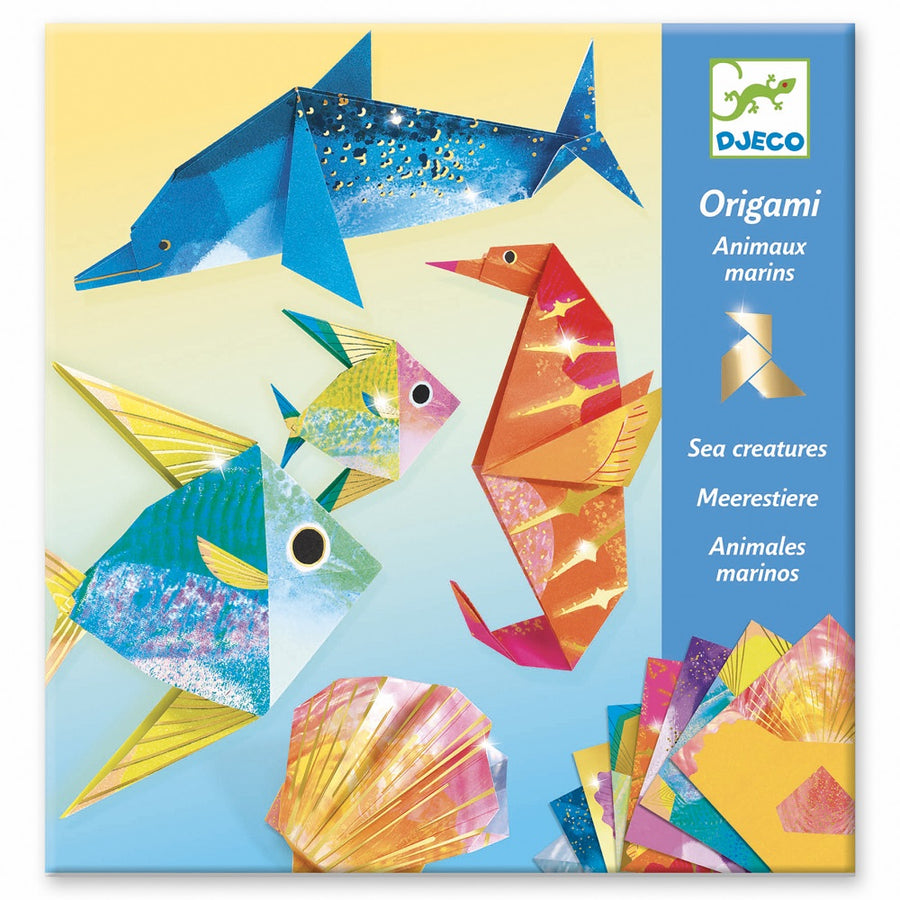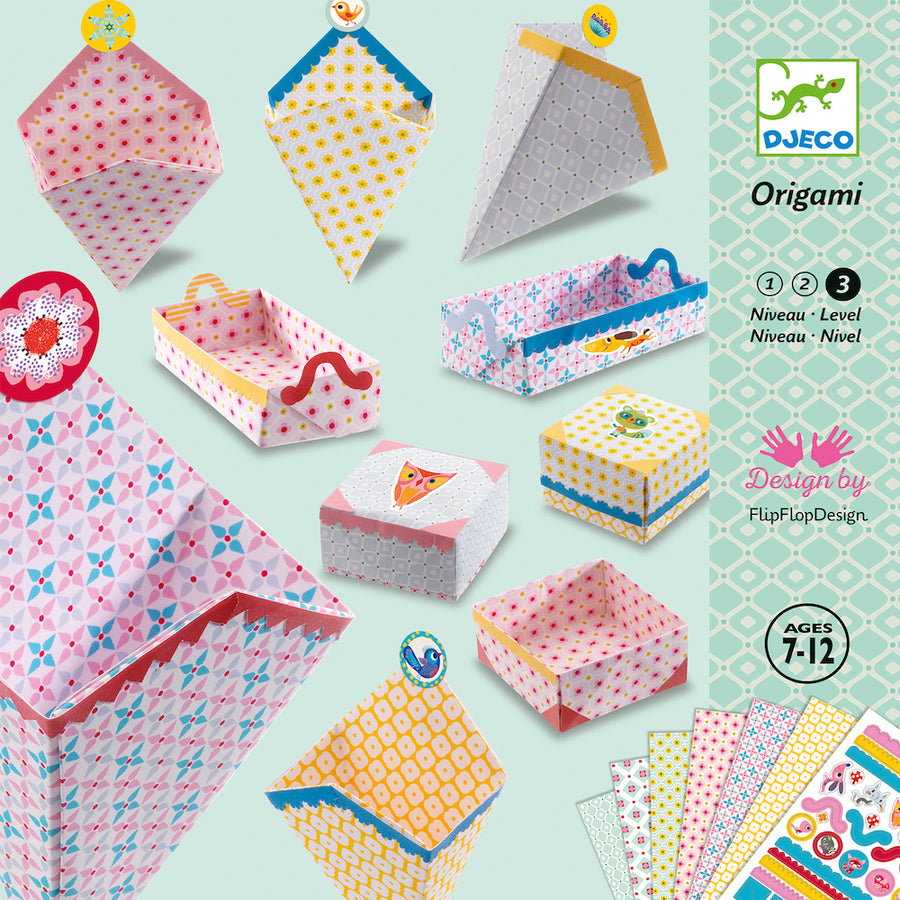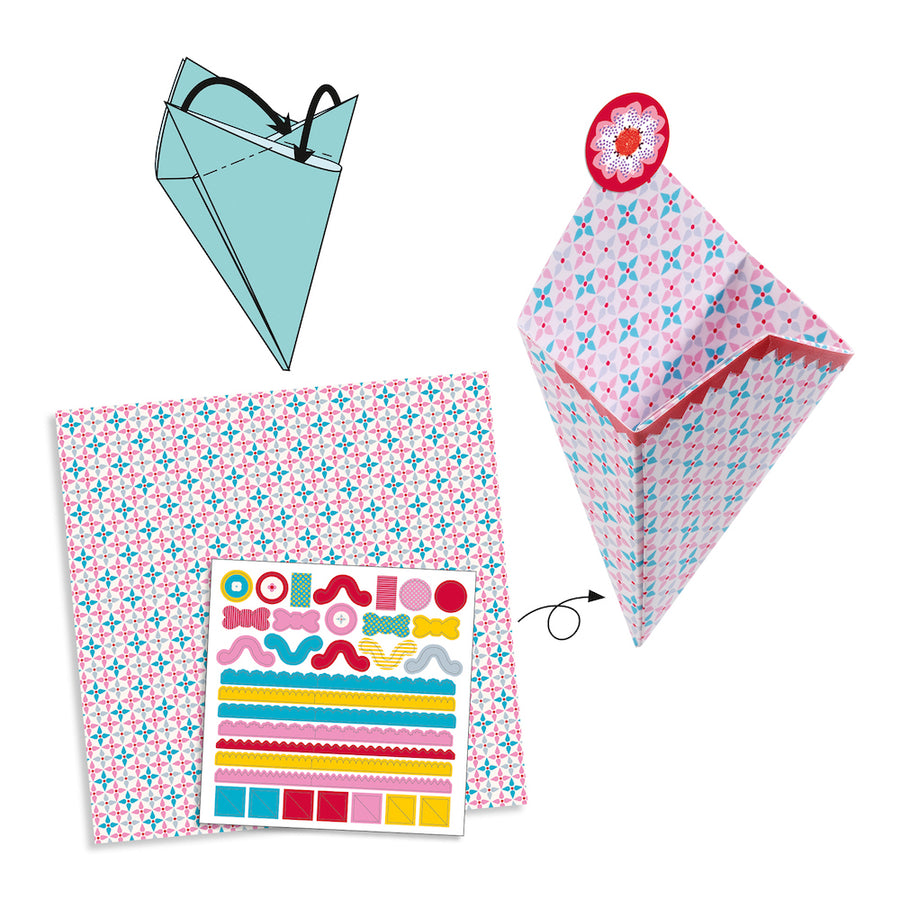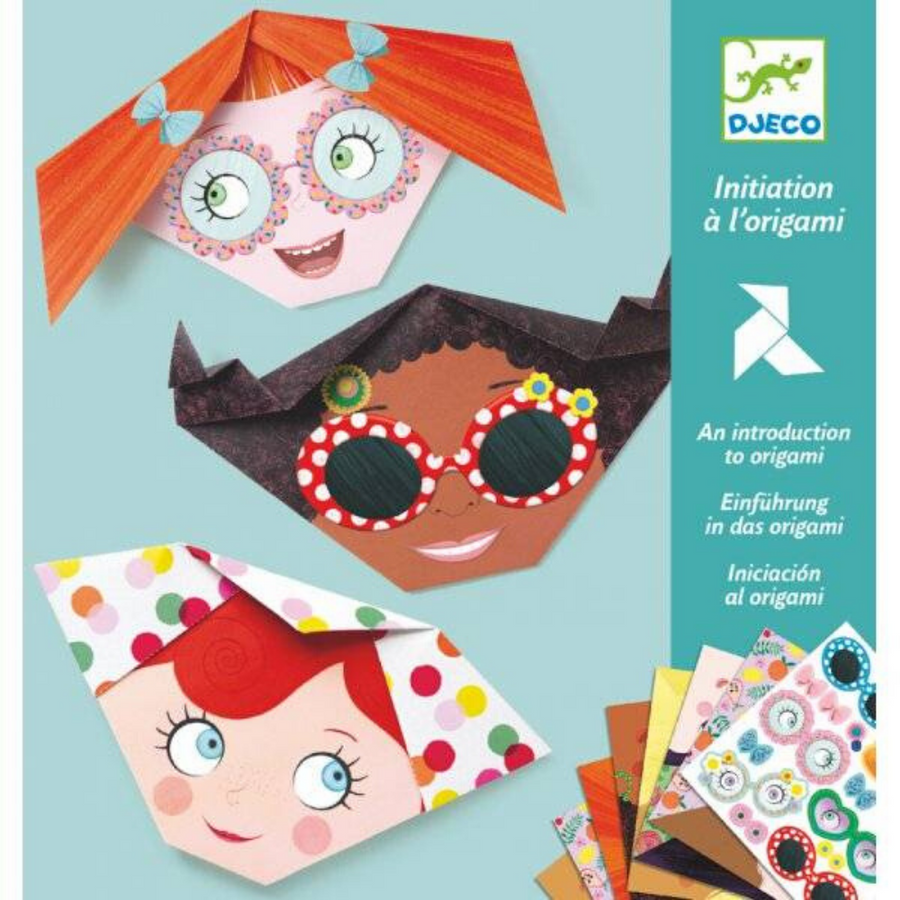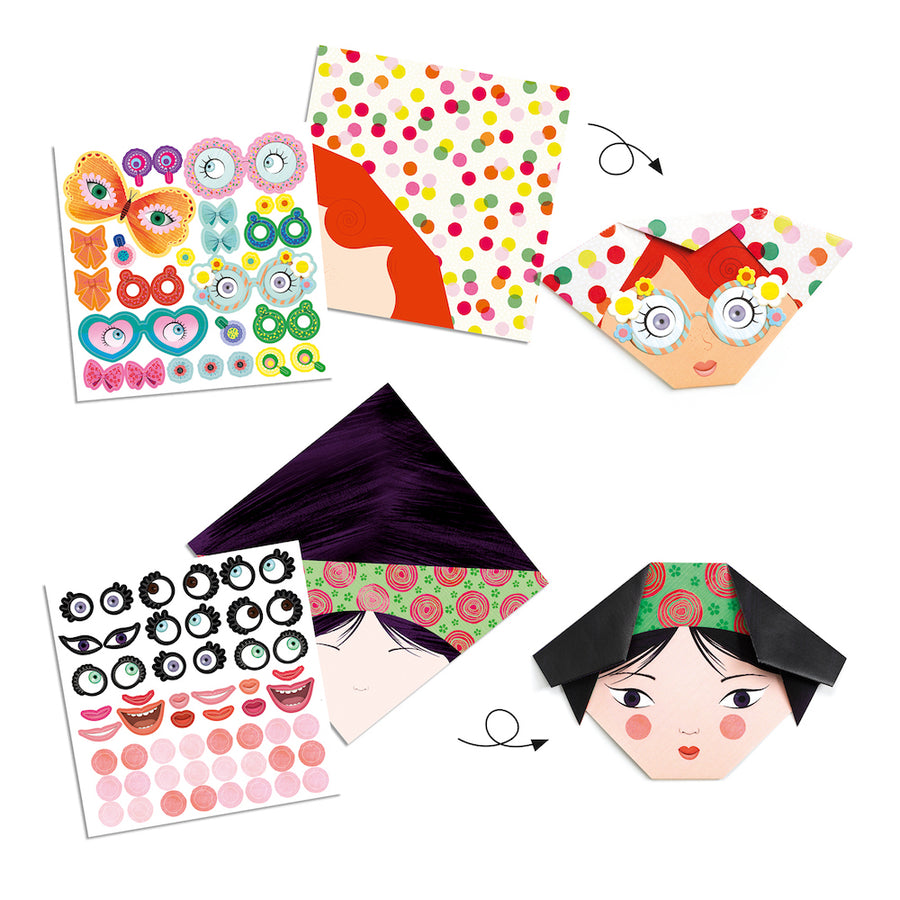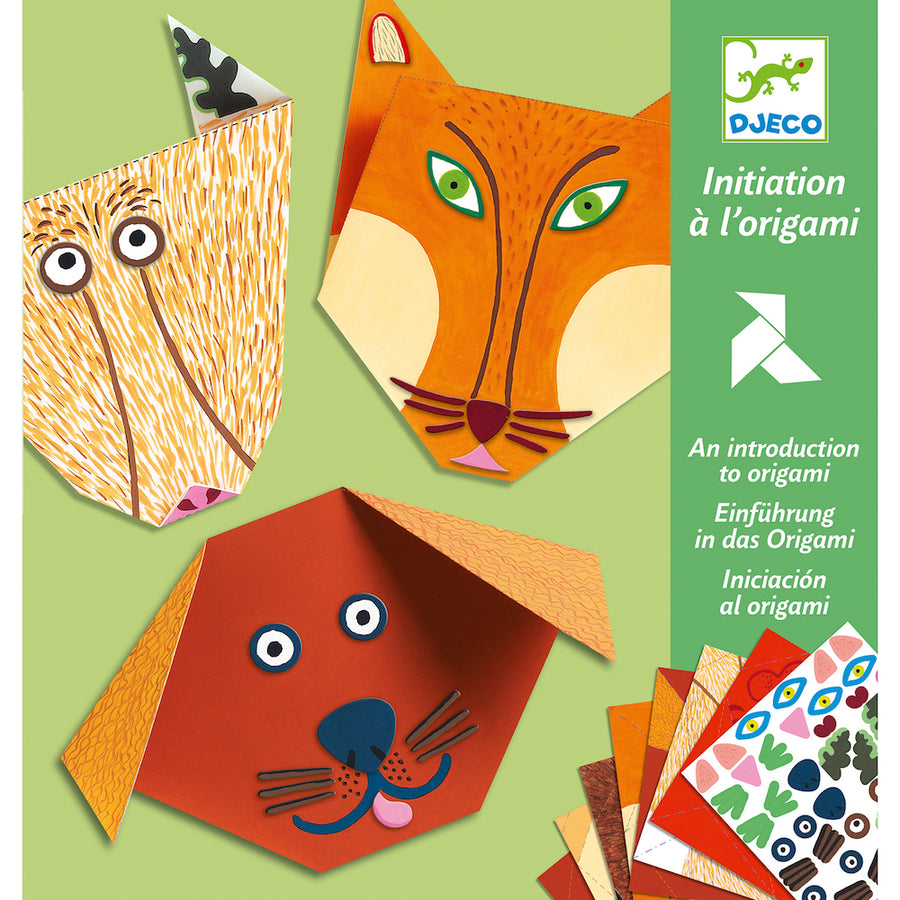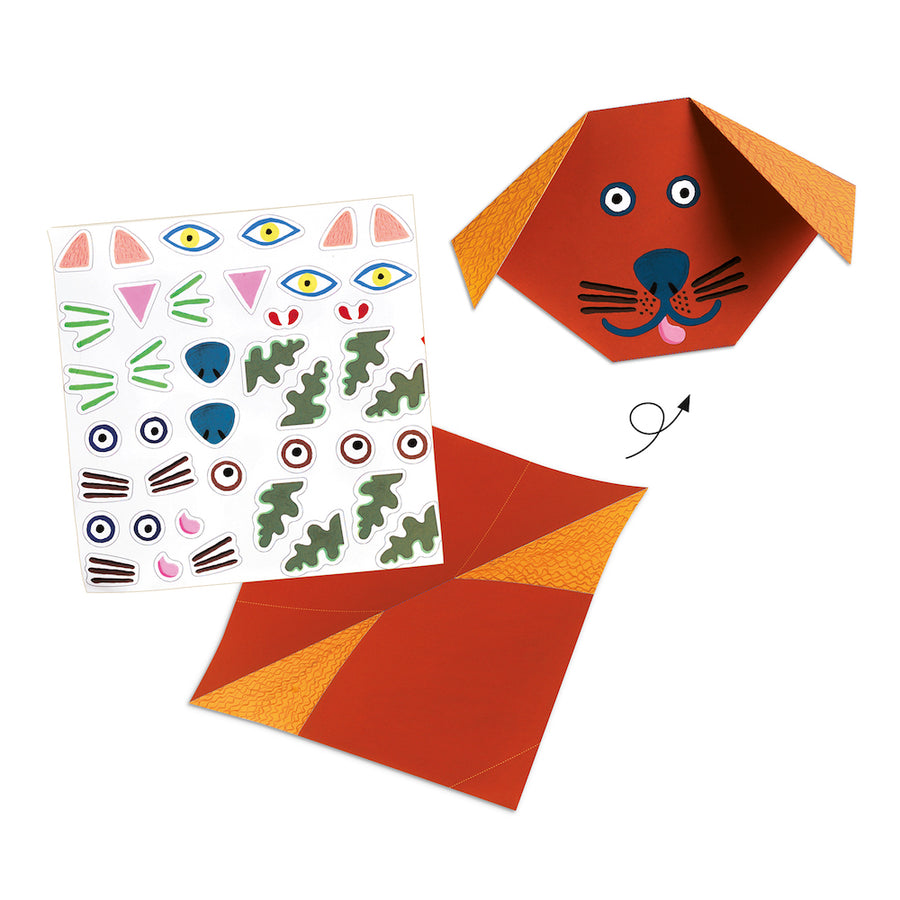Origami, the art of paper folding, is perfect for practising mindfulness as it requires focus, patience, and precision, which are key components of mindfulness. It may also be useful for improving attention in children with attention deficit disorder.
1. Focus and Concentration
- Attention to Detail: Origami involves following a sequence of steps to transform a flat piece of paper into a three-dimensional figure. This process requires close attention to each fold and crease, encouraging you or your child to stay present and fully engaged in the task.
- Mental Clarity: Focusing on the intricate steps of folding helps clear the mind of distractions. The detailed attention needed prevents the mind from wandering, fostering a sense of mental clarity and presence.
2. Patience and Persistence
- Step-by-Step Process: Origami requires patience because it is a gradual process. Children (and adults) must take one step at a time, without rushing, which helps cultivate a patient mindset.
- Acceptance of Imperfection: Learning origami can involve making mistakes and starting over, which teaches resilience and acceptance. Understanding that mistakes are part of the learning process promotes a growth mindset and reduces anxiety over perfection.
3. Physical Engagement
- Hand-Eye Coordination: The physical act of folding paper engages both the mind and body. This coordination between mind and body helps in anchoring one’s attention to the present moment, making it a tactile form of mindfulness.
- Sensory Experience: The texture of the paper, the sound of folding, and the visual transformation of the paper all provide a sensory-rich experience, enhancing the mindfulness practice by fully engaging the senses.
4. Creativity and Flow
- Creative Expression: Origami allows for creative expression, as well as guided origami packs where you can create pre-determined figures like dinosaurs or fish, you can get qrigami squares to just see what you can come up with!
- Joy of Creation: The process of creating something beautiful from a simple piece of paper can be deeply satisfying and uplifting, promoting a positive emotional state.
5. Mindful Reflection
- Observation of Thoughts: As with many mindful practices, origami provides an opportunity to observe your thoughts and feelings without judgment. For example, if frustration arises when a fold doesn’t go as planned, just practice acknowledging that frustration and letting it go.
- Mindfulness of Breath: While folding, focus on your breathing, integrating mindful breathing with the folding. This combination enhances overall mindfulness, promoting relaxation and calm.
6. Stress Reduction
- Calming Effect: The repetitive, focused nature of origami can have a calming effect on the mind, similar to other mindful practices like meditation or yoga. It can help reduce stress and anxiety by providing a peaceful, engaging activity that distracts from worries and negative thoughts.
So why not have a go! Choose from our large collection of easy origami and have a go with your children for some calm, mindfulness ☺️ 🪷
